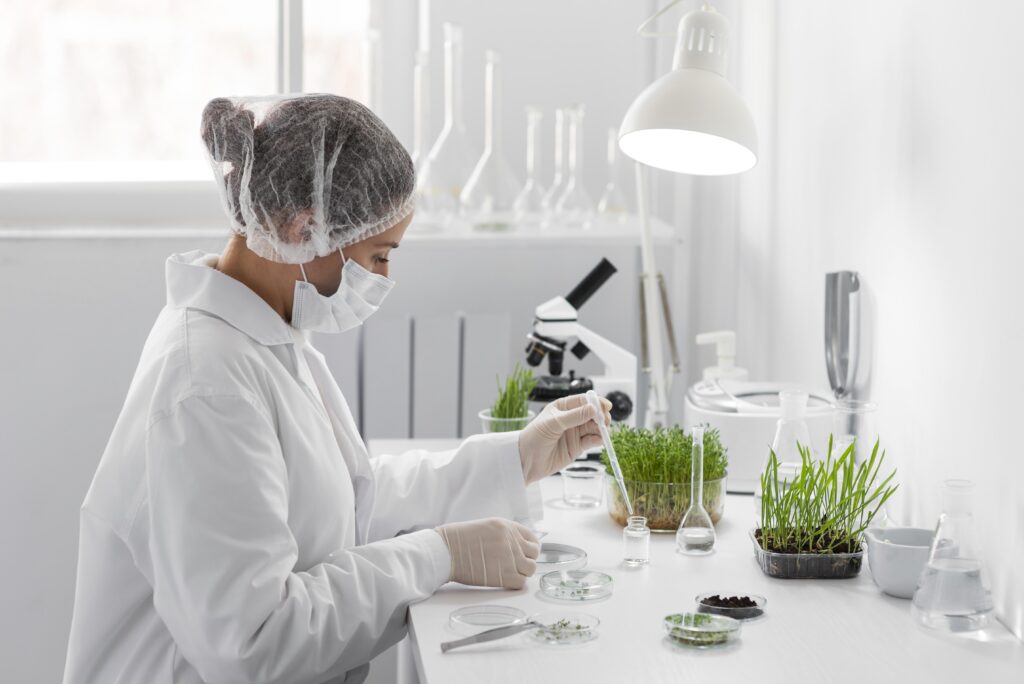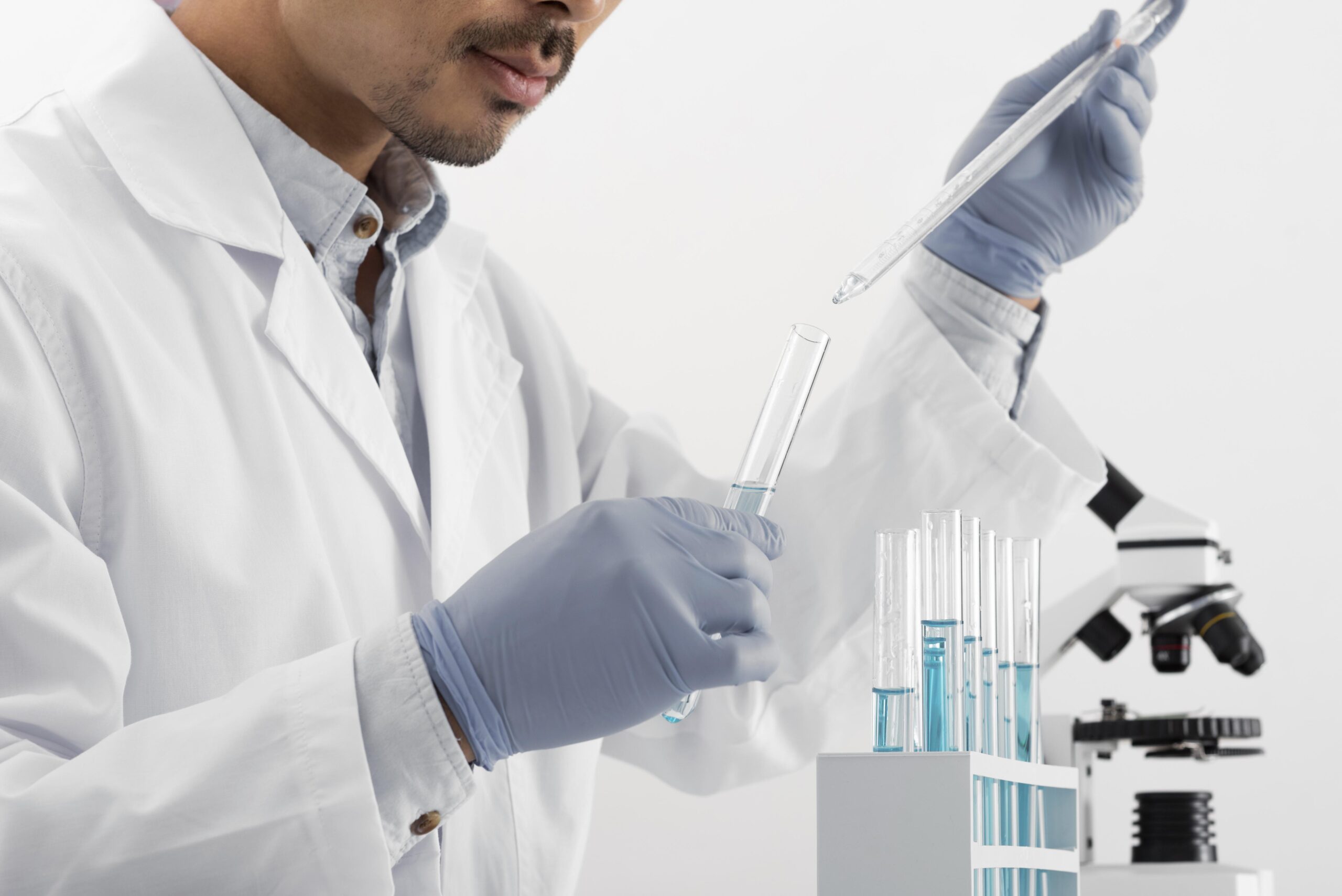In the rapidly evolving food industry, the significance of food product quality cannot be overstated. Consumers today are more informed and discerning than ever, demanding not only delicious and nutritious products but also those that are safe and of the highest quality. This shift in consumer expectations places an enormous responsibility on food producers, manufacturers, and suppliers to prioritize food product quality in every aspect of their operations. Ensuring food product quality is paramount for safeguarding consumer health, enhancing brand reputation, and achieving long-term success in the competitive food market.
The Foundation of Superior Food Products
Food product quality encompasses several key aspects, including safety, taste, nutritional value, and overall consumer satisfaction. It starts with the raw materials used in production. High-quality ingredients are the foundation of superior food products. Producers must source their raw materials from reputable suppliers with strict quality standards. This includes rigorous testing for contaminants, pesticides, and other harmful substances that could compromise food safety and quality.
Manufacturing Processes and Quality Control
Manufacturing processes play a critical role in maintaining food product quality. Advanced technologies and techniques ensure that products are produced consistently and meet stringent quality control standards. This involves regular monitoring and testing at various stages of production to detect and rectify any deviations from established quality parameters. Food testing labs play a crucial role in this process by conducting comprehensive analyses to verify the safety, composition, and quality of food products.
The Role of Packaging in Preserving Quality
Packaging is another essential factor in preserving food product quality. Proper packaging not only protects the product from physical damage and contamination but also extends its shelf life. Innovative packaging solutions, such as vacuum sealing, modified atmosphere packaging, and eco-friendly materials, are being increasingly adopted to enhance food product quality. Packaging should also provide clear and accurate information about the product, including ingredients, nutritional values, and storage instructions, to help consumers make informed choices.
Transportation and Storage Conditions
Transportation and storage conditions are critical to maintaining food product quality. Temperature control, humidity levels, and handling practices must be meticulously managed to prevent spoilage, contamination, and degradation of the product. Cold chain logistics, which involves keeping perishable items at a constant low temperature from production to consumption, is a key strategy in ensuring the quality and safety of many food products.
Regulatory Compliance and Inspections
Regular inspections and audits by regulatory authorities are essential to uphold food product quality standards. Governments and international organizations have established stringent regulations and guidelines to ensure that food products are safe for consumption. Compliance with these regulations is mandatory for food producers and manufacturers, and failure to meet these standards can result in severe penalties and damage to brand reputation. Food testing labs assist in this compliance by providing accurate and reliable data on the quality and safety of food products.

Consumer Satisfaction and Brand Loyalty
Food product directly impacts consumer satisfaction. High-quality products that consistently meet or exceed consumer expectations build trust and loyalty. Satisfied customers are more likely to become repeat buyers and advocates for the brand, leading to increased market share and profitability. On the other hand, poor-quality products can lead to negative reviews, loss of customers, and potential legal liabilities.
Ensuring Food Safety
One of the most critical aspects of food product quality is food safety. Contaminated or adulterated food can pose serious health risks to consumers, including foodborne illnesses, allergic reactions, and long-term health issues. Ensuring food product quality through rigorous testing and quality control measures is essential to prevent such incidents. Food testing labs are equipped with advanced technology and expertise to detect pathogens, toxins, and other harmful substances in food products, thereby ensuring their safety for consumption.
Economic and Public Health Implications
The importance of food product quality extends beyond individual health and consumer satisfaction. It has broader implications for public health and the economy. Foodborne illnesses and product recalls can lead to significant economic losses for producers, retailers, and healthcare systems. By prioritizing food product quality, the food industry can contribute to reducing the incidence of foodborne diseases and associated costs.
Global Trade and Market Access
In the context of global trade, food product is a critical factor in gaining access to international markets. Countries impose strict quality and safety standards on imported food products to protect their citizens. Exporters must meet these standards to enter and compete in foreign markets. High food product quality can enhance a country’s reputation as a reliable supplier, opening up new opportunities for trade and economic growth.
Consumer Awareness and Transparency
Consumer awareness and demand for transparency are driving the need for greater accountability in the food industry. Brands that prioritize food product quality and are transparent about their sourcing, production, and quality control practices can differentiate themselves in the market. Labels such as organic, non-GMO, and fair trade are gaining popularity as consumers seek products that align with their values and expectations for quality.
Sustainability and Quality
It also intersects with sustainability. Sustainable practices in agriculture, production, and packaging can enhance food quality while minimizing environmental impact. For instance, using organic farming methods, reducing chemical inputs, and adopting eco-friendly packaging can contribute to higher-quality products that are also environmentally responsible. Consumers are increasingly seeking out brands that demonstrate a commitment to sustainability and quality.
The Role of Food Testing Labs
The role of food testing labs in ensuring food product quality cannot be overstated. These labs employ state-of-the-art technology and skilled professionals to conduct a wide range of tests, including microbiological, chemical, and physical analyses. They help identify potential hazards, verify compliance with regulatory standards, and provide valuable data for continuous improvement. By partnering with food testing labs, producers can gain insights into their products' quality and make informed decisions to enhance safety and consumer satisfaction.
Conclusion
The importance of food product quality in today’s food industry is paramount. It encompasses safety, taste, nutritional value, and overall consumer satisfaction. High-quality food products build trust, loyalty, and a positive brand reputation, leading to long-term success in the competitive market. Ensuring food product quality requires a comprehensive approach, from sourcing and production to packaging, transportation, and compliance with regulatory standards. Food testing labs play a crucial role in this process, providing essential data and insights to uphold the highest standards of quality and safety. As consumer expectations continue to rise, the food industry must prioritize food product quality to ensure safety and satisfaction for all.

